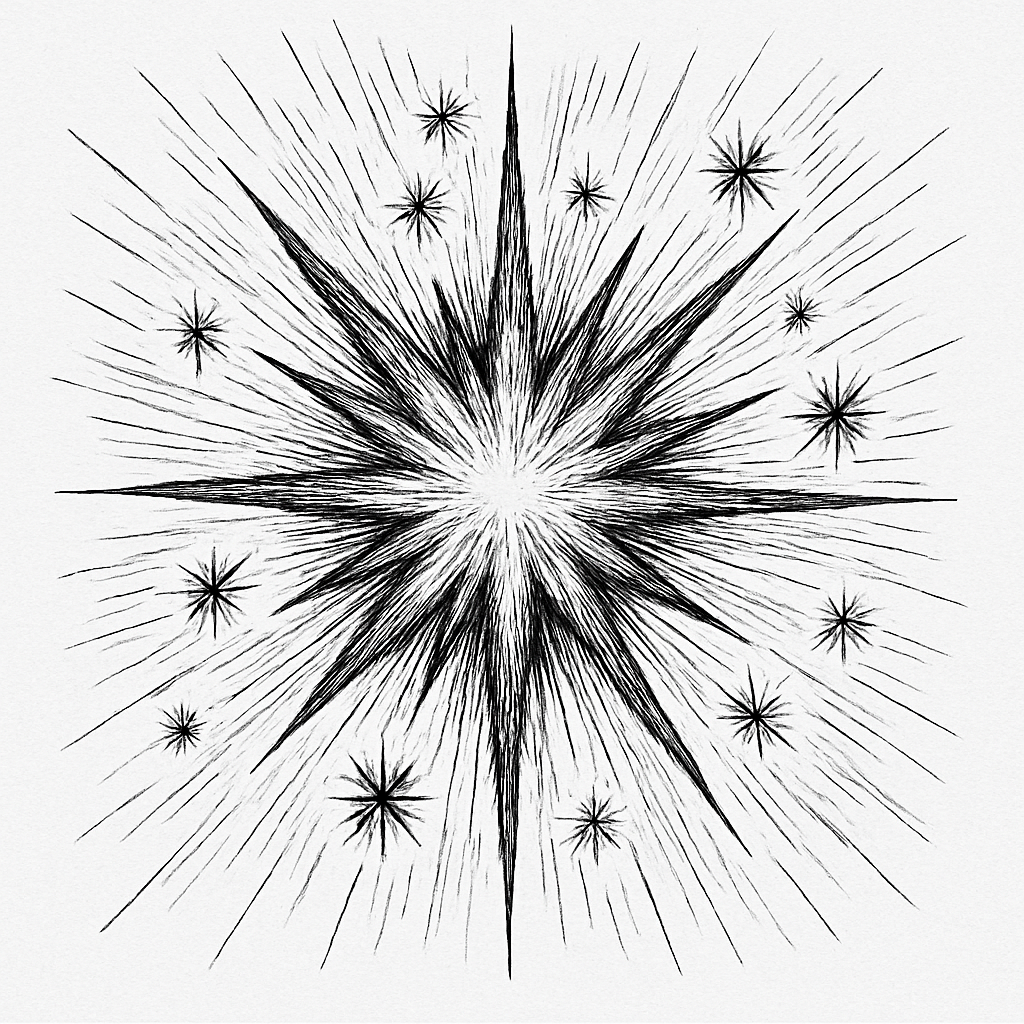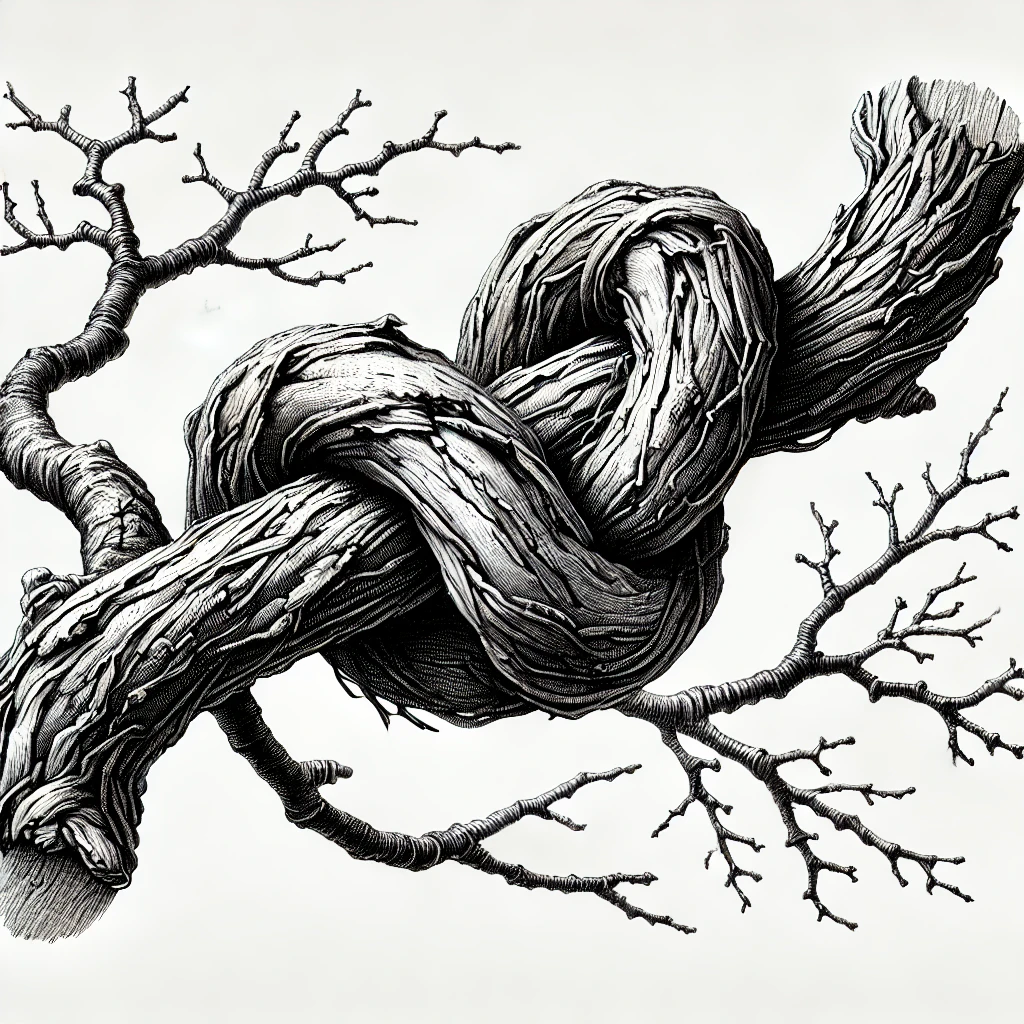Insight predicts subsequent memory via cortical representational change and hippocampal activity
Read More
This research paper investigates the neural basis of creative problem-solving, using fMRI to understand how the “Aha!” moment of insight creates strong, lasting memories. The study’s central premise is that creativity and memory are fundamentally linked, and it focuses on explaining why solutions that emerge suddenly are so well-remembered.
Insights on psychedelics: A systematic review of therapeutic effects
Read More
The authors found in their review of 98 studies that psychedelic-induced insight is positively linked to dosage and significantly associated with therapeutic improvements, often more so than mystical-type experiences. This highlights the critical role of insight in psychedelic therapy and its underlying mechanisms.
Gaining Insight Into the “Aha” Experience
Read More
This paper explores the “aha!” moment of insight, explaining how the suddenness and ease of a solution lead to positive feelings and a sense of certainty. The authors propose that processing fluency (the ease with which information is processed) explains the characteristics, and that better understanding the role of processing fluency can help us better measure and even induce insight.
The road to Aha: A recipe for mental breakthroughs
Read More
This research paper proposes a new framework for understanding how mental breakthroughs, ranging from problem-solving to transformative personal changes, occur through a cyclical process of tension, altered salience, and enhanced flexibility in thinking.
The Meaning-Enhancing Properties of Psychedelics and Their Mediator Role in Psychedelic Therapy, Spirituality, and Creativity
Read More
The paper delves into how psychedelics amplify the perception of meaning, possibly explaining their reported effects on therapeutic processes, creativity, and mystical experiences. It also examines the potential mechanisms behind these effects and discusses their broader social and public-health implications, along with suggestions for advancing scientific understanding in this area.
Janusian Process and Scientific Creativity
Read More
This paper explores the Janusian process in scientific creativity, a four-phase model (motivation, deviation, simultaneous opposition, and construction) where scientists actively engage with and resolve contradictory concepts, demonstrating that embracing paradoxes is key to generating novel and valuable scientific advancements.
Restructuring Insight: An Integrative Review of Insight in Problem-Solving, Meditation, Psychotherapy, Delusions and Psychedelics
Read More
The article proposes that insight, the experience of a sudden and often transformative understanding, is a core cognitive process that underlies various phenomena across different fields of study, including problem-solving, meditation, psychotherapy, the emergence of delusions, and the therapeutic effects of psychedelics. The authors argue that insight involves the restructuring of existing knowledge structures and the formation of new connections, leading to novel solutions, beliefs, or understandings, often accompanied by a distinct phenomenological and affective component. They advocate for an integrated approach to insight research that bridges the gap between different disciplines and inspires further exploration of this central process of human cognition.
Conceptualizing Your New Reality: Should Philosophers Play a Role in Psychedelic-Assisted Therapy?
Read More
This article proposes that philosophers, with their expertise in critical thinking and conceptualization, can play a valuable role in psychedelic-assisted therapy by helping patients navigate the complex philosophical and existential questions that may arise during these experiences.
Exploring the effect of microdosing psychedelics on creativity in an open-label natural setting
Read More
This study is the first to quantitatively investigate the effects of microdosing psychedelics on creativity. It found that microdosing truffles, which contain psilocybin, improved both convergent and divergent thinking without affecting fluid intelligence, suggesting the potential of microdosing psychedelics as cognitive enhancers.
Psilocybin Desynchronizes the Human Brain
Read More
This study provides detailed insights into how psilocybin affects the human brain, highlighting its potential to induce both acute and lasting changes in brain network organization. The findings contribute to our understanding of the neural mechanisms underlying the subjective effects of psychedelics and their potential therapeutic applications.











